Hottest Commodity on Earth
I asked a group of high school students what school was preparing them for and their answers varied from the deeply cynical, "success" to the question marked "college?" Not one said work.
When I asked what they were going to do after high school, shoulders shrugged and a jumble of thoughts carried through the room, "College? Move out? Uh, get a job?"
When I asked what kind of job, again, shrugs and question marks. And then I asked, "What do you think the hottest commodity on earth is?" Again, blank stares and then the brave soul, "What's a commodity?"
You, I answered. You are the hottest commodity on earth. Not gold, not processors, not lumber, and not corn. You, humans, you are the hottest commodity on earth, and every hiring organization needs you.
Work, job, career, workforce, careerforce, entrepreneur, business owner, manager, tradesperson, vocation, we need to be clear with our future that we are, indeed, preparing them to work. As long as they buy into the mythical money, they will make a transaction, a barter, a trade for it. The difference now, at the heart of technologically driven change, is the intersection of baby boomers retiring at a remarkable 10,000 per day until 2029. Leaving us now with .6 qualified workers per job opening in Southeast Minnesota.
It is a job seekers market in a market that is changing faster than our systems can adapt. Tom Fisher, University of Minnesota professor and Director of the Minnesota Design Center, presented the future of work at a Southeast Minnesota Together Summit. He says, "Jobs will be replaced, but work continues. What is the work that needs to be doing, and how do we figure out entrepreneurially to do that work?"
“Profit isn’t a purpose, it’s a result. To have purpose means the things we do are of real value to others.”
How do we change our education system to transparently prepare our future for work? I am all for standardized assessments if we can make sure we are assessing the right skills: Leadership, adaptability, creative thinking, problem solving, autonomy, enthusiasm, and self reflection. How do we train our managers to be mentors, gurus, and guides? How do we shift organizations from top down to project-based or flat organizations that promote leadership at every position? How do we encourage communities to develop systems that are adaptable and accessible? How do we help people see that showing up to work is a gift of time and talent and that paying for that is an investment? Simon Sinek says, "Profit isn't a purpose, it's a result. To have purpose means the things we do are of real value to others."
Photo by Mario Purisic on Unsplash
It isn't enough to design a great product and manage customer service through damage control on social media outlets. A company's first customer base is its employees. Tony Hsieh in Delivering Happiness says, "Your personal core values define who you are, and a company's core values ultimately define the company's character and brand. For individuals, character is destiny. For organizations, culture is destiny.” Ultimately, the companies who will weather this workforce storm are the ones who are willing to assess their company through the eyes of their employees, be proactive to opportunities, and build a culture that is clear, consistent, and builds community. These organizations will have strategy and action that aligns to vision, mission, and values, and will onboard for culture and skills.
An engaged and committed workforce is a business strategy, not a corrective action, not a nice-to-have, and not fluffy. Engaged people increase the bottom line because they want to do their best work, they believe in the vision, and consistently deliver on it. They are in alignment with their strengths, skills, and passion. There are so many ways to invest in meaningful ways, and your people will tell you. It is as simple as asking what Mary Oliver asks of us, "What will you do with your one wild and precious life" today? Tomorrow? and the following tomorrows? Or if that seems a bit big, then consider, "Are you working to your potential? Are their strengths and skillsets you would like to use more often? Do you feel supported and challenged? Have you taken time to reflect on your next best step? Ask to listen. Ask to act. Ask to engage the hottest commodity on earth.
Want to talk more about culture and how to become an employer of choice? Contact me.

